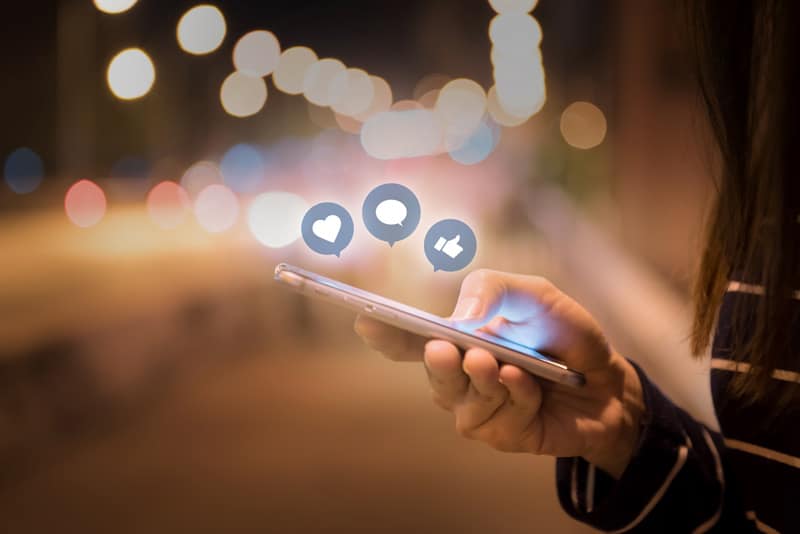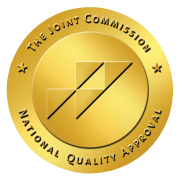Benefits Of Mental Health Counseling
The benefits of therapy not only attribute to an improved state of mind but also positively impact how you live your life. Most individuals believe they don’t require mental health therapy. However, you may be surprised to learn the benefits of mental health counseling can drastically improve your productivity, focus, and overall happiness.
Those who suffer from mental health disorders are often strong individuals. Because of this, many falsely think being strong means keeping it to themselves. The fact is, it takes an even stronger person to share those struggles with another.
Mental Health Therapy Brings Self-Acceptance
This is often the first step of progress for anyone who suffers from mental health. Embracing yourself and your problems allows you to confront individual struggles. Also, understanding that therapy is very common and nothing to be ashamed of is a key step in accepting help.
Everybody has problems to varying degrees. It is not just those with co-occurring conditions that require therapy. Refusing help or therapy by way of denial, however, often leads to deeper depression and worsening mental health conditions. This is why self-acceptance is vitally important. Accepting who you are, allows you to accept help. Accepting help can then become the gateway to reaping the benefits of therapy.
You’ll Gain Peace Of Mind
The stresses of mental health disorders are exacerbated by the fact that you fall captive to the danger of your thoughts. Most patients are critical thinkers, often overthinking themselves into deeper issues within their minds. Therapy is necessary for that third party to pull us out of the prison our minds can pose. Opening the door of your thoughts to a therapist is key to freeing yourself.
Once you are able to gain insight into someone else’s perspective, you’ll start to view yourself differently. A therapist can bring you a calm sense of peace.
There Will Be Noticeable Physical Improvement
An old proverb states “As a man thinketh in his mind deviate so is he.” To simplify, thinking good means feeling good, the same way thinking bad means feeling worse. In psychology today, Ron Breazeale, a clinical psychologist states, “Our thoughts influence our bodies directly because the body interprets the messages coming from the brain to prepare us for whatever is expected.” Therefore, your brain is going to tell your body how you should feel based on how you’re thinking.
For those suffering from mental health disorders, this is crucial to overall health and wellness. Counseling can benefit your physical health by training you to eliminate negative thoughts which will translate to positive health.
Overall Support That Provides Relief from Mental Illness
One of the greatest benefits of therapy is it provides you with a mental support coach. This negates the feeling of being alone in your battle. This alone can help relieve depression and anxiety.
This is important, considering many who struggle with their mental health keep their thoughts and emotions bottled up. Contained thoughts and emotions are among the worst things for mental health. Having someone in your corner is one of the critical benefits of therapy, diminishing the loneliness many feel in their struggle.
Improved Social And Work Efficiency
An improved state of mind and refined communication skills produces a trickle-down effect on your daily life. A newfound sense of confidence will ignite a drastic development in your social and work discretion. Since our mental outlook greatly affects our daily activities, our minds can be our greatest asset or enemy. Among the numerous benefits of mental health, counseling can be your ticket to a greater all-around life.
What Available Types Of Therapy Benefit the Most?
Simply with action on your behalf, all of the mental health counseling provided can benefit tremendously. Below is an in-depth layout of the proposed therapeutic benefits by category.
Anxiety
There are a variety of beneficial therapy options specifically geared towards treating, diminishing, and even eliminating your anxiety. Anxiety counseling, much like the other therapeutic benefits listed, requires the assistance of another to alleviate that burden.
Sharing that burden with a therapy expert will aid you in lifting that weight off your shoulders. Carrying that weight on your own will only magnify your burden.
Stress Or Trauma-Related Disorders
If you feel overwhelmed by your everyday activities or an induced trauma from your past, mental health counseling is essential. Trauma-related disorders often go unnoticed because the bearer of these burdens has been harboring them for a significant amount of time. Whether because of embarrassment or disdain for rehashing specific incidents, you then are in bondage to that trauma.
This is where the true benefits of mental health counseling magnify themselves most. You can free yourself from your trauma-induced bondage by confidentially confiding with a specialist who will gladly listen and understand. Speaking openly with a therapist often reveals how much more burden it is to suppress these traumas, rather than to open up. Furthermore, many cases of PTSD (post-traumatic stress disorder) are undiagnosed due to a refusal or denial to seek counseling.
Depression Disorders
This can come as a result of neglecting help with other disorders or standalone. Regardless of the circumstance, depression disorders cannot be handled alone.
Depression implants a false mentality of diminished or zero self-significance. A mental health counselor can help reestablish the truth of self-worth that would have otherwise been absent.
Personality Disorders
Lido Wellness Center defines personality disorders as “unhealthy patterns of thinking, functioning, and behavior that deviate from the expectations of the culture.”
These discrepancies can cause as equally a toll emotionally as they do mentally. As strong as you are, personality disorders will crumble the strongest of individuals without the aid of a mental health expert.
Get Mental Health Therapy At Lido Wellness Today!
All mental health conditions possess one common theme, they require the support of a therapeutic professional who cares. The compassionate experts at Lido Wellness Center have all the support and tools you need to manage, and in many cases, overcome your condition.
Each moment that passes without the care you need, is another battle lost to mental health. Your decision at this moment could easily be the difference between your road to recovery and slipping farther away. The greatest news for you is the help you need is simply one click away. Contact our team of mental health professionals today.

 general population struggles at a much lower rate of around 20 percent.
general population struggles at a much lower rate of around 20 percent.
 There has been substantial growth in the use of social media in recent years. The Pew Research Center found that 72% of Americans in the U.S. use social media. However, since social media use is still relatively new, there aren’t any long-term studies recording the effects of social media.
There has been substantial growth in the use of social media in recent years. The Pew Research Center found that 72% of Americans in the U.S. use social media. However, since social media use is still relatively new, there aren’t any long-term studies recording the effects of social media.  Signs That Social Media Is Affecting Your Mental Health
Signs That Social Media Is Affecting Your Mental Health